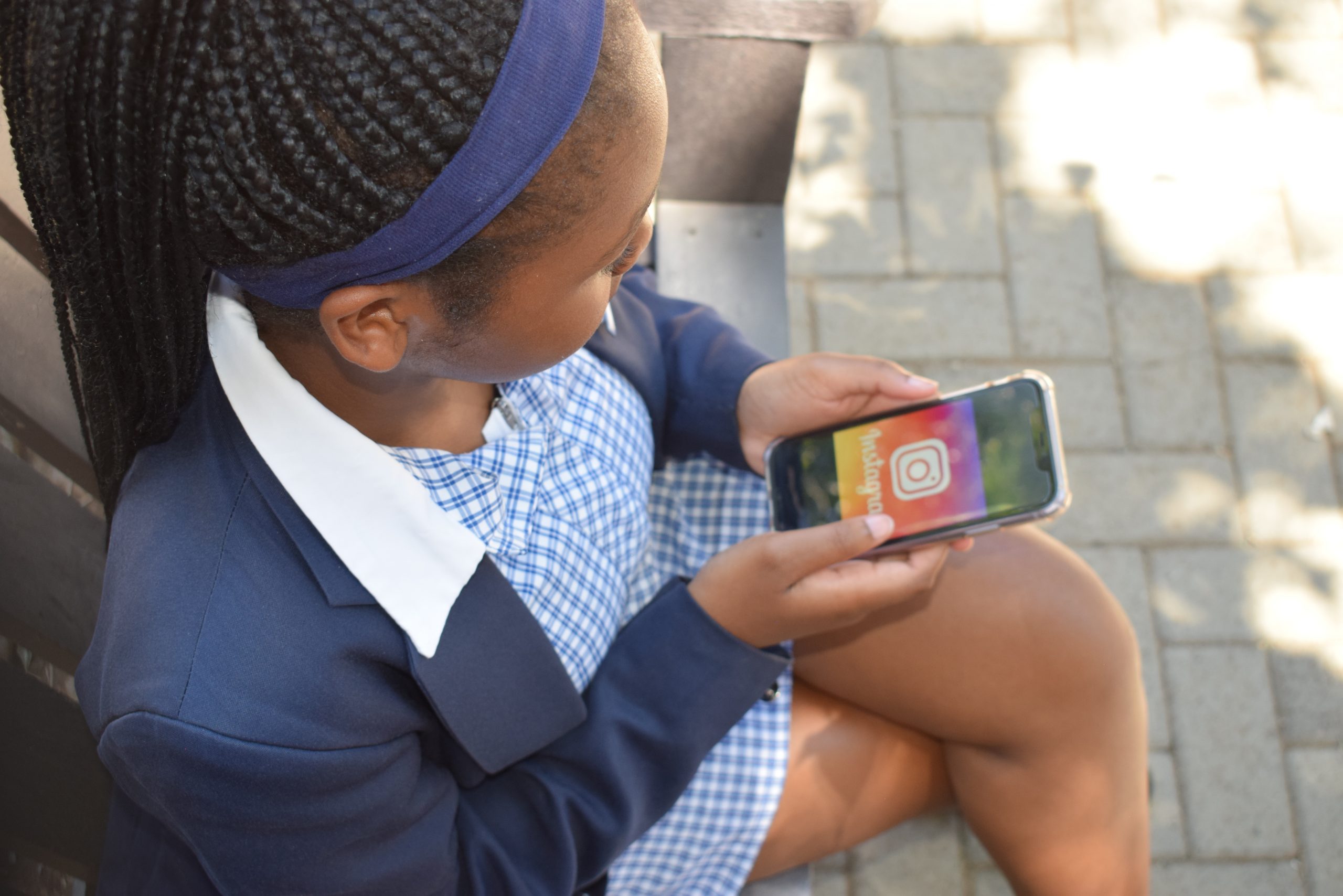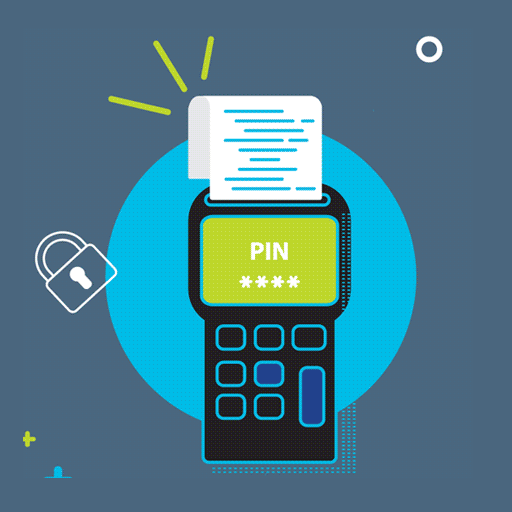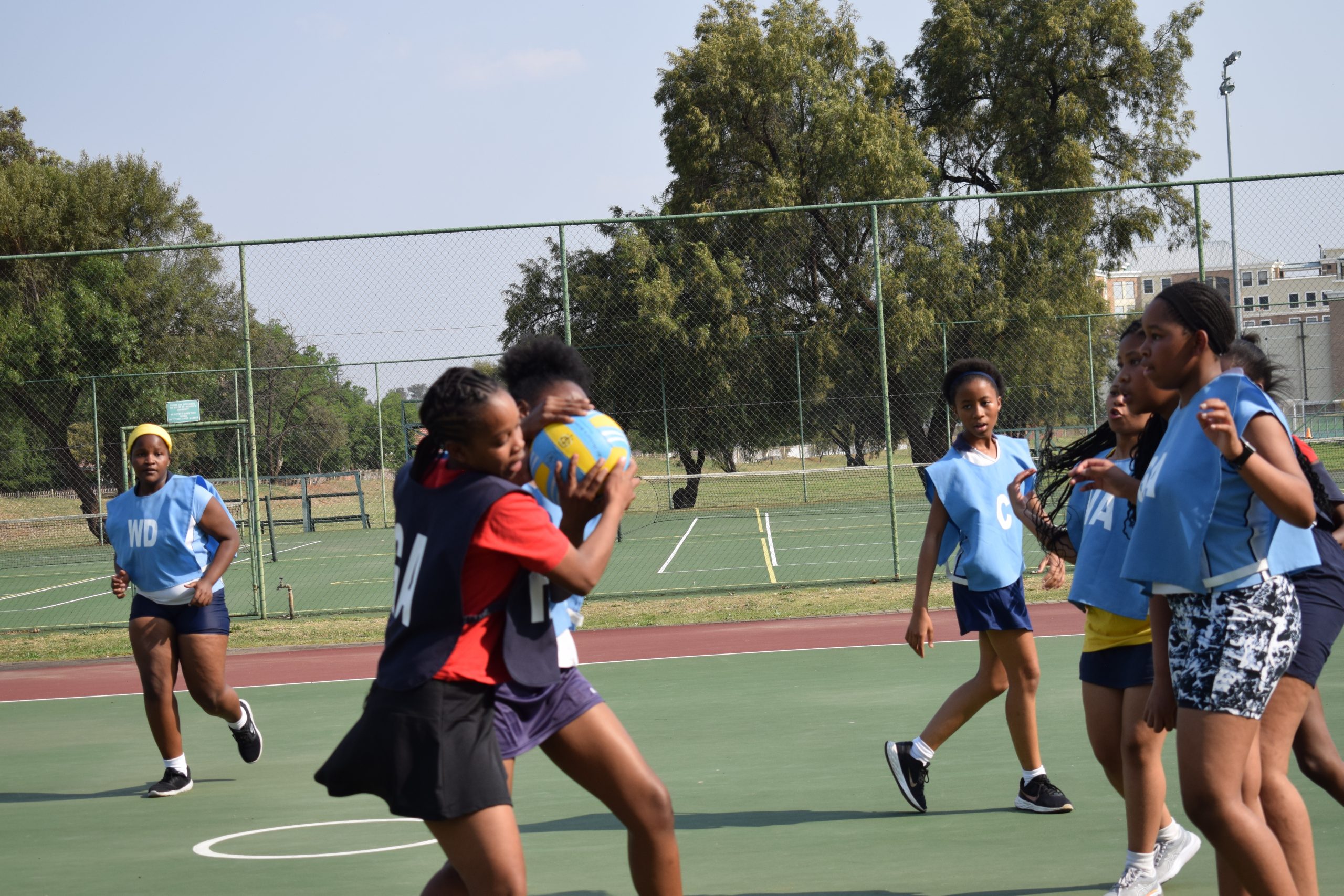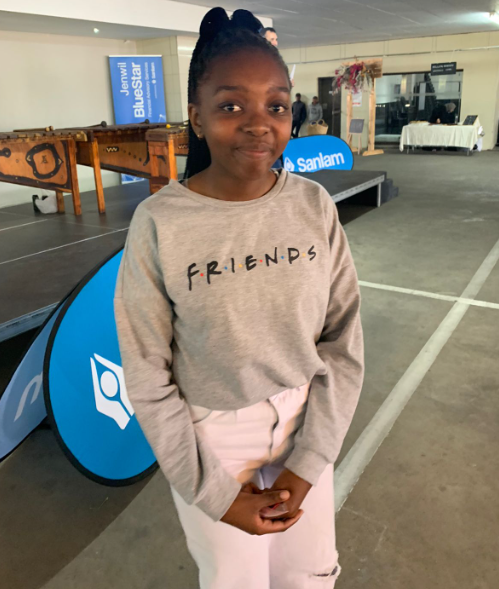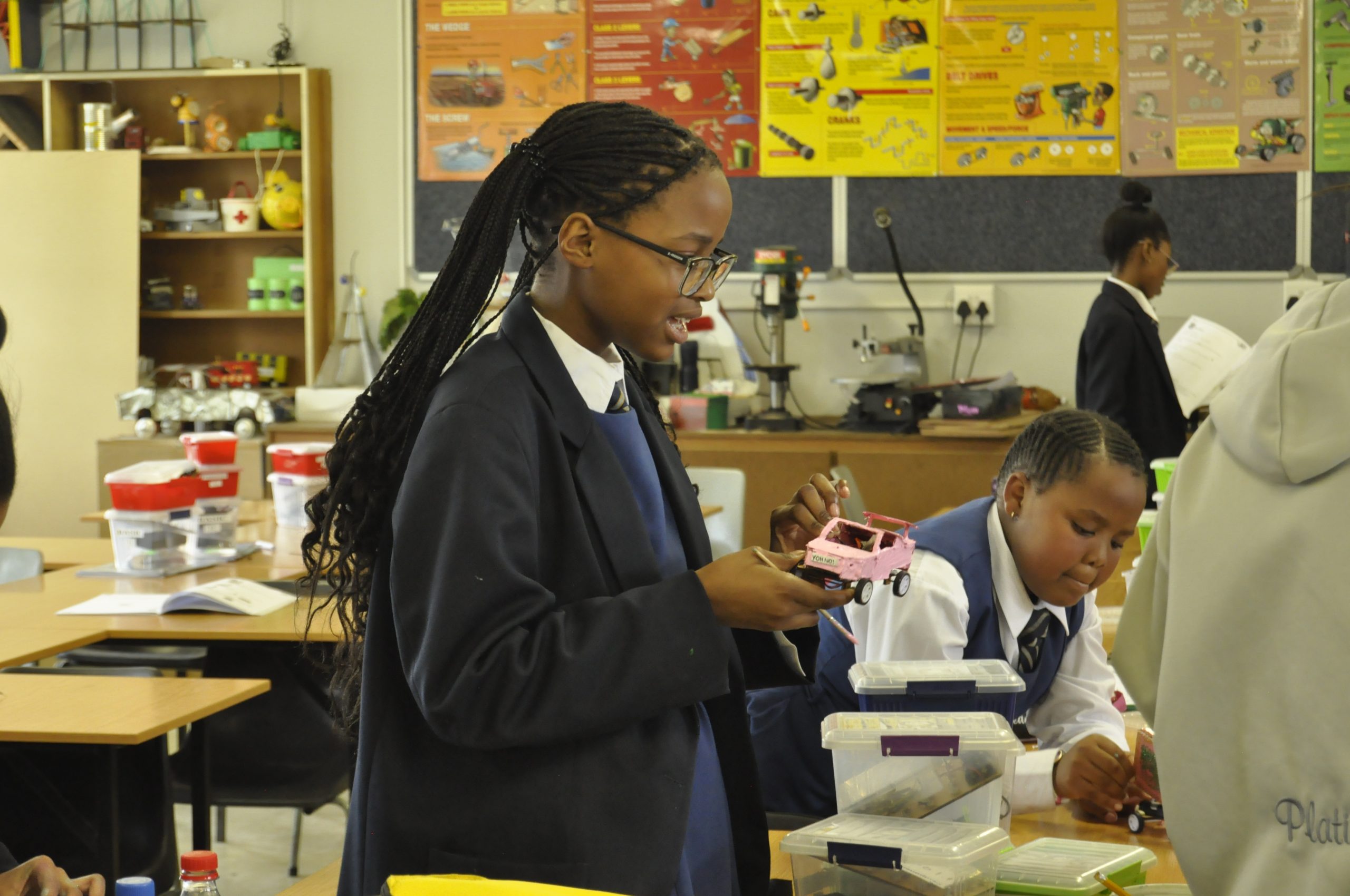Why do we celebrate Women’s day?
FUMANE MASHEANE
’Wathint’abafazi, wathint’imbokodo’ is a saying recognised across the country, a chant used to uplift women and remind the country of the importance of women. ‘When you strike a woman, you strike a rock.’ What does this saying really mean? What do we, as a country, understand when we hear the word ‘women’?
As South Africans, we are all aware, not only of the importance of women, but also of the resilience, strength, and grace of women. Challenged with gender discrimination and patriarchy, every day women have risen and are taking their places in a world that was designed by and cater for men.
‘You give a woman a brick and you will get a house,’ and many other sayings, narratives and movements have contributed to the empowerment of women, but have women been empowered? Are they safe … fully respected? A woman is who she decides to be, and a woman can do whatever she puts her mind to.
On 8 March every year we celebrate International Woman’s Day and on 9 August every year we celebrate Women’s Day here in South Africa. It is a day dedicated to remembering the powerful female leaders that contributed to the liberation of South Africa from the Apartheid government back in 1956, during the women’s march to the Union Buildings in Pretoria against pass-book legislation which restricted the movement of black women in urban areas.
So we have sayings, we have movements and we even have days dedicated to uplifting women but what are we doing practically, every day, to empower women?
South Africa currently has the highest rape statistics in the world with an estimated 50 000 rapes committed annually and roughly 7 500 cases of sexual assault. There have been countless cases where these sayings and narratives have not been put to practice and the women of South Africa have never felt less protected. Not only are rape and sexual assault cases through the roof but in general, a culture exist in the country around how unsafe it is for women and children: ‘Always walk in groups’; ‘Be inside before 17:00’; ‘You can’t go out wearing that.’ We hear these sayings often, more often than those of empowerment.
We can all start by educating ourselves on the everyday things that we do that contribute to the rape culture and also make an active effort to bring an end to them: things like locker-room talk and hyper-sexualisation of women and girls all contribute to rape culture and in turn, form part of the problem. We should all strive to make South Africa a safe place for women again by doing more than just simple reposts. All the narratives and sayings and days that exist to celebrate women will mean a lot more coming from a society that actively brings about change for women.
So, next time you celebrate Women’s day or women in general, ask yourself, ‘What am I doing to help change the culture?’ Only then do you truly begin to empower.
In August 2019 the tragic passing of Uyinene Mrwetyana due to gender-based violence shook South Africa into waking up and realising the severity of the issue. In 2020, Tshegofatso Pule (who was pregnant at the time) was found hanging from a tree in Johannesburg, bringing about more outcries in the country. So now that we are awake and aware, what are we going to do about it?



